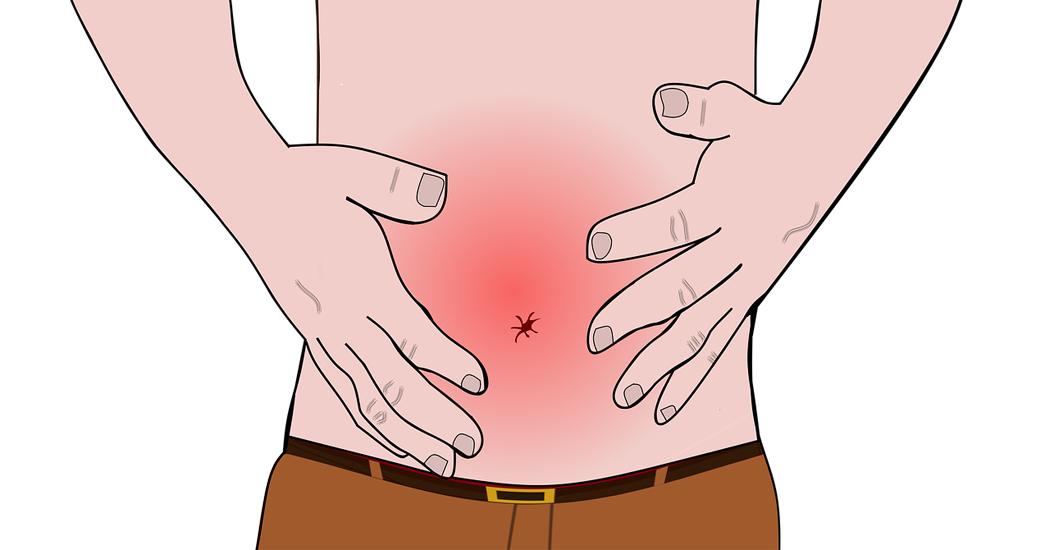This week Dr Ciarán Roarty of Scally McDaid Roarty Medical Practice talks about the troublesome condition of Ulcerative Colitis.
Ulcerative Colitis (UC) is a disease where the large bowel becomes inflamed and ulcers develop on the lining of the bowel. This inflammation leads to the common symptoms of diarrhoea with blood and mucous. It affects about 1 in 500 and while it can affect any age group, it more commonly develops in people from their teens to late thirties. It seems to affect non-smokers more than smokers, though this is not a good reason to smoke!!
We don’t fully understand what causes UC but we think there may be genetic factors at play. Some people who are more genetically prone to UC seem to be “triggered” by a gut infection.
How does it affect people?
The most common symptom is watery diarrhoea which may be mixed with mucous or pus and a sense of urgency to visit the bathroom frequently. Blood in the diarrhoea is common as is cramps and pain when opening your bowels. Feeling generally unwell may accompany these signs during a flare up and fever, lethargy and nausea can develop, along with anaemia.
It is a chronic condition with relapses. Between relapses things may settle and relapses can be mild, moderate or quite severe. Flare ups may develop very gradually while for others they may develop over just a few days. In very severe flare ups the entire large bowel may become inflamed and surgery may necessary.
Other parts of the body may be affected with UC becoming inflamed and again we are not sure exactly why. During a flare of UC a person may experience a particular type of rash on the legs, mouth ulcers, inflammation of the eyes and painful joints. In between flare ups they may experience different skin and eye conditions. They may also experience problems with their joints, back, bile ducts and even osteoporosis or anaemia.
People who have UC also have an increased risk of cancer of the large intestine. The more flare ups that occur then the greater the chances of developing cancer. This is why regular camera tests are often advised. How frequently these are needed is usually decided by the results of your most recent colonoscopy.
How is it diagnosed?
If your doctor suspects this condition they may send you for a colonoscopy or camera test of the bowel where your bowel can be examined and biopsies taken. Stool samples may be sent during flare ups also.
How is it treated?
Oral medicines are used when UC is first diagnosed to settle the symptoms. A suppository or enema may prescribed if indicated. Mild to moderate flare ups require different medications to severe flare ups. Sometimes steroids are required. They are not usually continued beyond a few weeks due the side effects of long-term steroids. Powerful drugs that suppress the immune system may be required for severe disease. Sometimes if its just the lower part of the large bowel that is affected, a person may develop constipation and this is treated with laxatives.
Is it possible to prevent flare ups?
Once the initial episode is treated and settled you will usually be prescribed medicines to help reduce the chances of further flare ups. Sometimes these are lower doses of the medicines to treat the initial episode. Probiotics (nutritional supplements that contain “good” bacteria) are currently being researched and though the evidence so far is limited there are promising studies in train.
How often is surgery required?
Surgery may be considered when medicines do not seem to control UC. It may be performed during life threatening flare ups and usually involves removing part or all of the large bowel. About a quarter of patients with UC will require surgery at some stage.
Any other treatments?
Special diets are not required but you may be prescribed iron or certain vitamins if you develop anaemia. Pain relief may be needed during flare ups and you may be advised to have certain vaccines such as pneumonia, hepatitis etc if you receive medicines which affect your immune system.
What is the prognosis?
With modern treatments the prognosis is very good. After initial diagnosis there is a slightly increased risk of death. With good treatment, life expectancy then returns to normal. It is vital to make sure flare ups are treated however and prescribed medication is taken as advised. With treatment most people can lead an almost normal life. New medicines are in the pipeline so the outlook is good.
The above information is intended as advice only and should you have any concerns please contact your own Doctor.
Dr Ciarán Roarty MB, BCh BAO MICGP DRCOG Grad. Cert. Obst. Ultrasound is a full-time GP at Scally McDaid Roarty Medical Practice , Scally Place, Letterkenny, Tel 0749164111 www.scallys.ie






